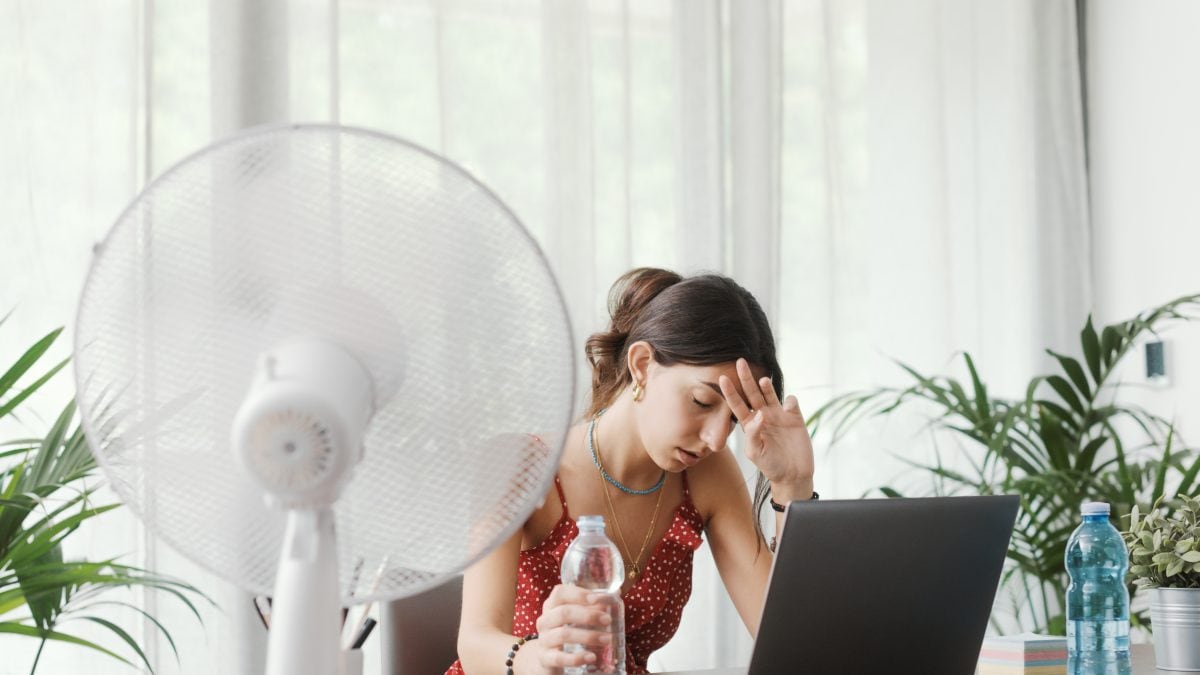Heatwaves In India: All You Need To Know To Protect Yourself
Heatwaves in India have become more frequent and intense in recent years due to climate change. Heatwaves are prolonged periods of abnormally high temperatures, often exceeding 40°C (104°F), and can occur in various parts of India, particularly during the summer months of April to June.
They can have severe health impacts, including heat exhaustion, heatstroke, dehydration, and even death, especially among vulnerable populations such as the elderly, children, and those with pre-existing health conditions. Heat-related illnesses can strain healthcare systems and have economic consequences.
These are influenced by various environmental factors, including urbanization, deforestation, and air pollution. Urban areas with concrete structures, limited green spaces, and increased heat-absorbing surfaces can experience the “urban heat island” effect, leading to higher temperatures.
“Heat exhaustion cases are on the rise due to increased temperature and humidity, resulting in dehydration and depleted sodium levels. Patients typically present with a history of heat exposure, along with symptoms of weakness, fatigue, and dry mouth. In addition, there seems to be an uptick in cases of influenza, possibly due to increased consumption of cold beverages,” says Dr Kishor Sathe, Consultant, Emergency Medicine, P.D. Hinduja Hospital & MRC, Mahim.
Who and What gets affected most?
Dr Honey Savla, Internal Medicine, Wockhardt Hospitals, Mumbai Central, says, “The health impacts of heat waves majorly involve dehydration, heat cramps, heat exhaustion, heat stroke, etc. It can cause acute kidney injury due to dehydration, cardiac arrest, and even neurological issues like confusion.”
The elderly and young children are more susceptible to heat exhaustion, often exhibiting its symptoms rather than heat stroke.
What happens during a heat wave?
“During a heat wave, the body loses water and sodium, which can lead to brain, kidney, liver, and muscle injuries. Patients who have suffered from a heat stroke undergo rectal temperature checks to assess their core temperature,” adds Dr Sathe.
How to protect yourself?
The main treatment involves cooling your body down as soon as possible. “Medical professionals can do this in different ways. It might involve using a fan to blow air on wet skin, pouring cold water over you, or putting you in an ice bath. If possible, this might be done before taking you to the hospital,” adds Dr Savla.
Treatment involves cooling the body to bring the temperature back to normal and administering cold IV fluids to replenish lost sodium levels and combat dehydration. A history of previous heat stroke should also be taken into account.
“To avoid heat-related illnesses, it is recommended to stay indoors when weather warnings are issued, wear loose cotton clothing, and carry an umbrella or wear sunglasses when venturing outside. Additionally, consume fluids with sodium to remain hydrated. If symptoms persist, seek medical attention immediately,” signs off Dr Sathe.
Efforts to mitigate and adapt to heatwaves in India include early warning systems, heat action plans, promoting green spaces in urban areas, improving access to drinking water, and raising awareness about heat-related illnesses. Long-term measures to tackle climate change, reduce greenhouse gas emissions, and promote sustainable practices are also crucial in addressing the underlying causes of heatwaves.
Read all the Latest Lifestyle News here
For all the latest lifestyle News Click Here

